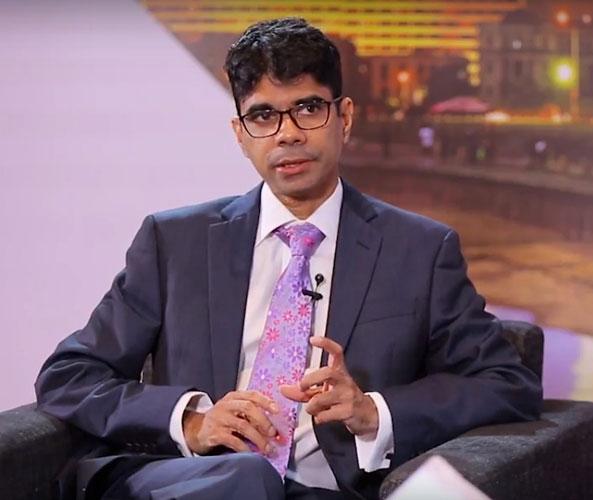
Sri Lanka should plot its renewable energy (RE) grid pathway providing a clear policy and strategy outline on how it can build a 100 percent renewable energy grid for the country before inviting private sector involvement, opines an environmental expert.
Speaking at a recent discussion hosted by the Ceylon Chamber of Commerce, General Manager of Environmental Sustainability at MAS Intimates, a part of the MAS Holdings Group, Vidura Ralapanawe said that the fantastic thing about a renewable energy grid is that it would blur the distinction between an energy generation company and any other company or individual.
“Everybody can be a part of the generation and storage process. The advantage of that type of thinking is that you are essentially asking the whole country to be part of this transformation,” he said.
Ralapanawe said the advantage of such a strategy is that the country can unlock creativity, capacity and resources that government has to now centrally deploy to generate energy and result in economic benefits to the country.
“Unlocking that will lead to prosperity as it transfers wealth that is currently going for fossil fuel outside the country into local people’s pockets,” Ralapanawe said.
Speaking further on the topic of ‘Private sector’s role in climate change’, Ralapanawe cautioned that Sri Lanka’s rate of sea level rise is projected to exponentially increase from the present 5 millimeter per year which could cause destruction of the specific ecosystems like coral reefs.
“As a country with dependence on tourism, these have a big impact on prosperity of the country and the pathway for development. The second issue is the social disruption with the floods will have. On one side, we have the physical attributes and then the societal issues. Both are them are not good not only for business but the country as a whole,” the environmental expert warned. Meanwhile, Ranapawala highlighted that Sri Lankan corporates could look at adopting a zero liquid discharge policy where waste water discharge is treated through a treatment plant to a very high degree of purity so that it can be reused.
“This can be done and there are various technologies out there.
However, the implementation challenge is you can only recover 90% of the water and the 10% slurry that comes out of the process has to be evaporated,” the official from MAS Holdings pointed out.
